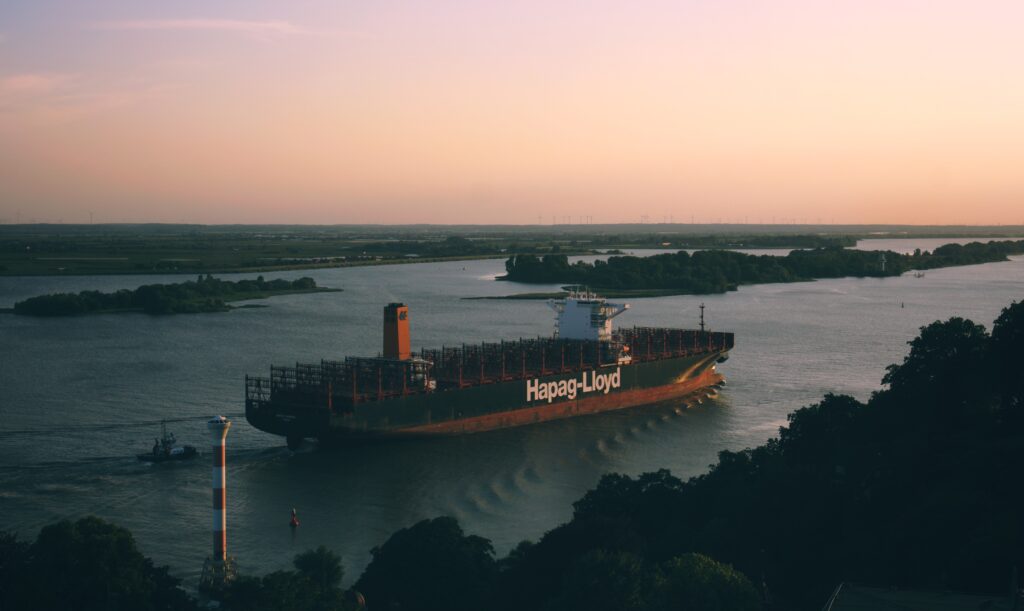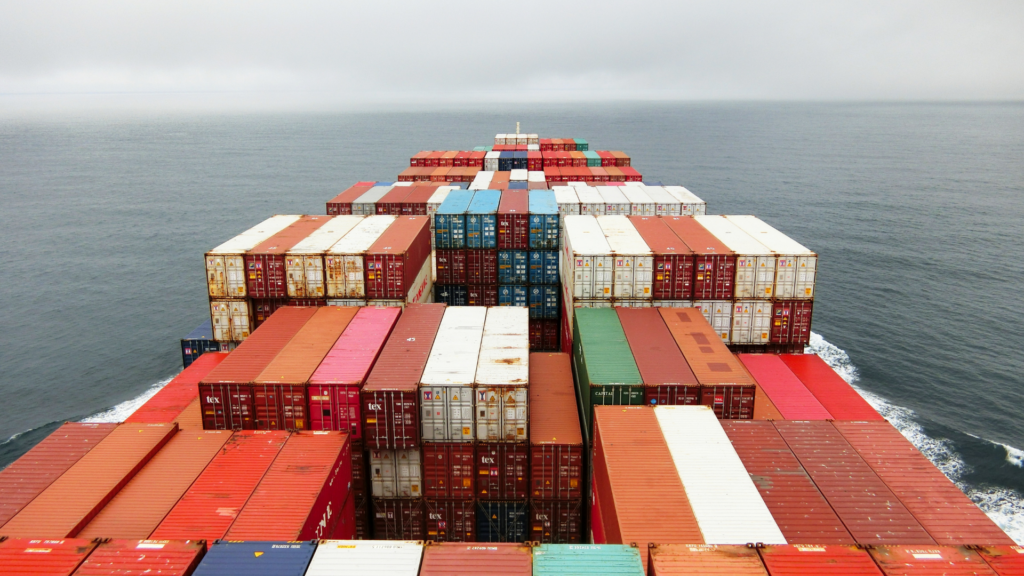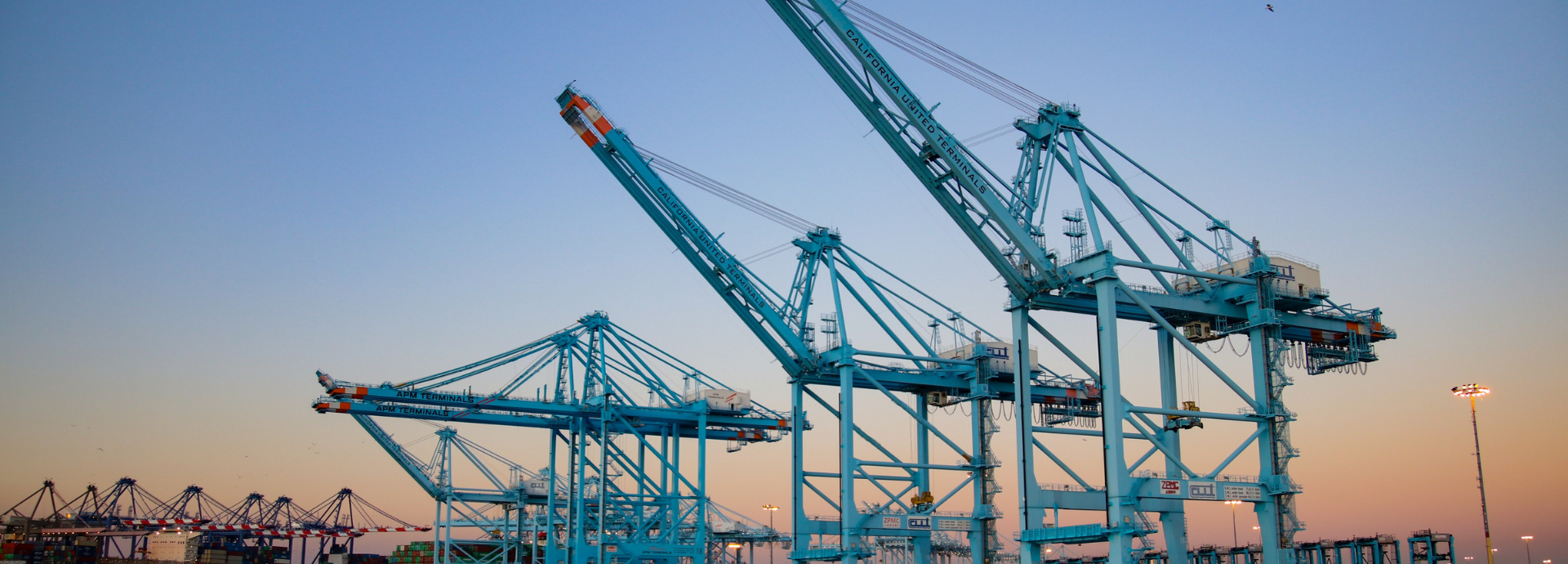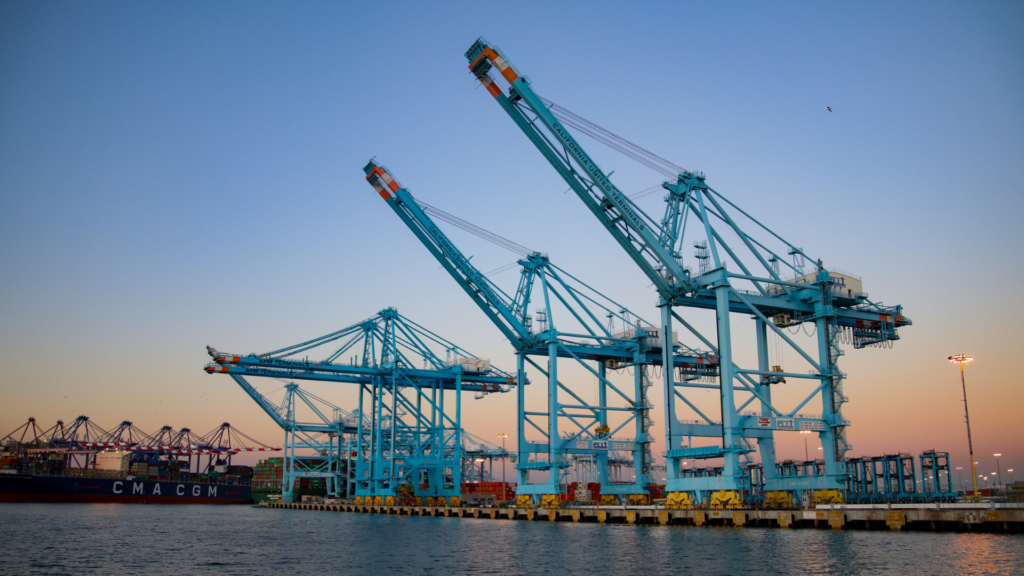Unrest Out West
A job action was reported by Moeller-Maersk at the Ports of Los Angeles and Long Beach last week, comprising 13 International Longshoremen Workers Union (ILWU) Local crane operators and top handler drivers refusing to complete their job operations for the evening’s second shift. This action affected all operations in the port that night, with every terminal canceling vessel, yard, rail and gate operations.
Import demand continues to decrease, meeting a 37% year-on-year decline in imports from China last February. Ocean carriers planned to cancel 50 voyages this spring, including 12 sailings from the Yantian International Container Terminal in Shenzhen, China and representing 443,000 twenty-foot equivalent units (TEUs) of capacity, according to the Journal of Commerce.
Meanwhile, retail sales have been strained, stores have too much stock, and demand for furniture and appliances is down due to domestic housing construction being weakened by higher interest rates. On top of all this, consumer confidence is faltering as a result of turmoil in the banking sector.
East Coast ports surpassed Los Angeles/Long Beach in terms of traffic handled last year, prompting the Pacific Maritime Association (PMA) to work on a new contract in order to build confidence in West Coast ports among shippers.
Despite all of the drama with imports, it seems exporters are likely to suffer the most, particularly those who transport agricultural and forest products through the West Coast. However, it would be in everyone’s best interest to reach an agreement with labor forces.

Hapag-Lloyd Latest Line To Pause Fee Collection
In anticipation of the US Federal Maritime Commission’s (FMC) upcoming deadline to establish new detention and demurrage rulemaking, several major container lines have announced that they are pausing collection of demurrage fees when a terminal in the US is closed and inaccessible.
The motion began with Maersk’s March 3 announcement, and has grown to include MSC, HMM, and most recently, Hapag-Lloyd.
The cessation of fees includes weekends and holidays, lasting until the FMC creates new guidelines.
The discontinuation of fee collection represents an effort to combat unfairness in the current process, but won’t last forever. FMC Chairman Daniel Maffei has said that suspending the fees altogether would only make the process worse, citing the importance of legitimate D&D in keeping cargo flowing and an incentive-based approach to demurrage assessment going forward.

Green Begets Green
As early as Spring 2025, it may become more cost-effective for container shippers to transition to low-carbon fuel alternatives instead of fossil fuels, due to tightening emission controls.
Adam Forsyth, head of research at energy investment specialist Longspur Capital, reports that regulatory developments from the IMO and EU are prioritizing low-carbon shipping, with methanol as the leading alternative to fossil fuels.
With developments such as tightened regulations, increased taxation of fossil fuels, and newly designated Emission Control Areas (ECAs), fossil fuels are poised to become more costly to shippers within the next two years.
According to Rolf Habben Jansen, CEO of Hapag-Lloyd, alternative fuels are still limited due to the low volume of their current production rate, though they will become more accessible as more shippers in the industry begin to adopt them.
Hapag-Lloyd plans to both replace and retrofit some of their current fleet as they transition to low-carbon alternatives to fossil fuel, such as methanol.
Though the transition may be difficult to navigate, it signals a future where alternative fuels are better for both the planet and the industry’s bottom line.


